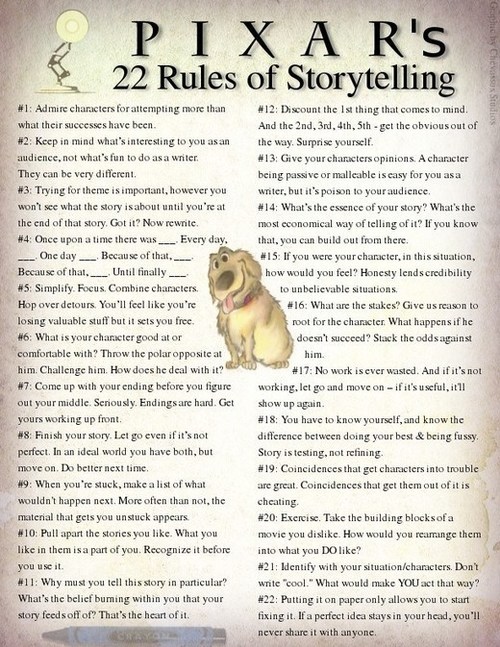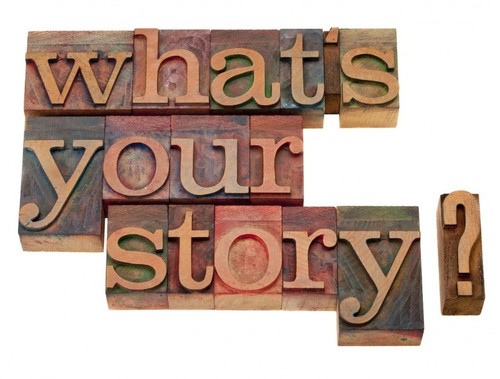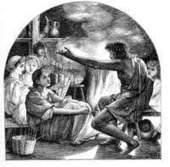“Writing is a scary task for students because it is partly a single-minded activity that calls for a lot of serious thinking and partly due to the overarching focus that has being placed on teaching writing as product and not process.”
“Donald Murray, a writing theorist of grand calbire, is unequivocal on this, in his Write to Learn , Murray emphasizes the importance of teaching writing as a process.”
“Another way to get students engaged and motivated to write is through storytelling. Students are always excited to write about their own personal experiences and about stories that are part of their immediate environment.”
See on Scoop.it – Story Selling





